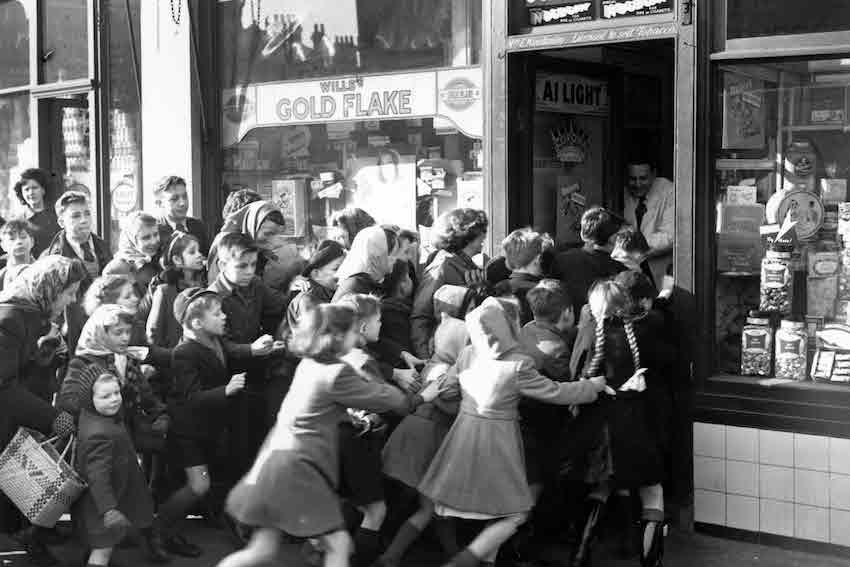Black Friday, which is known for excitement, marked by huge sales, long lines, and eager shoppers, is one of the most anticipated sales events of the year, and it has a name that has surprising, and often misunderstood history. While many view Black Friday as a time to commence shopping for the holidays or "retailer profits day".
The origins of the name has nothing to do with confusing Halloween shoppers but comes from an era of financial dislocation and chaos of city streets, a word, and reputation, of a far different shape than the celebratory dash for bargains. Understanding why it is named Black Friday helps make sense of the interpreted meaning over time; of chaos and crisis to one of the largest consumer binge events in the world.
Check Out: Kai Trump Education Journey: From Miami University to LPGA Debut
What is Black Friday?
Black Friday is a yearly shopping occurrence that happens the day after Thanksgiving in America and is understood to be the unofficial start of the holiday shopping season. Black Friday is known for delivering some very attractive savings on prices, doorbuster savings, and sales for a limited time, both in stores and online.
Retailers utilize this day to bring out a large number of shoppers, increase their profits, and launch holiday promotions. Over the years Black Friday has evolved from one day of shopping into a global shopping holiday.
It has evolved into a weekend of savings and shopping and has combined with the Monday after Thanksgiving, known as Cyber Monday, for online shopping. Now, millions of shoppers buy electronics, fashion, home goods, and more savings, making it one of the largest retail shopping days internationally.
The Real Meaning Behind the Name “Black Friday”

Here are some major reasons behind then name "Black Friday":
1. The 1869 Financial Crisis
The earliest instance of the term "Black Friday" appeared in 1869 when two financiers on Wall Street tried to corner the gold market. Their plan failed and resulted in a national financial panic. The stock market crashed, businesses failed, and the day was referred to as "Black Friday" due to the financial panic it created.
2. Philadelphia's Crowds
During the 1950s and 1960s, Philadelphia police officers started calling the day after Thanksgiving "Black Friday." The city was busy with shoppers and visitors coming for the Army-Navy football game. There was heavy traffic, disorderly crowds and an increase in shoplifting. For police and retail workers, it was the toughest day of the year.
3. Reshaping the Definition of A Term
By the 1980s, retailers were busy rebranding Black Friday as a more positive term. They began promoting the idea that when stores were facing an 'in the red' (losing money) to 'in the black' (profitable), it began with holiday shopping. This connotation to Black Friday gave it life as the major commercial holiday it is now.
Conclusion
The name of Black Friday reflects its journey from financial distress and the frenzy of extreme shopping to a recognized and worthy shopping phenomenon around the globe. Its evolution shows us that meanings change over time, changing a once negatively slanting label into a label of ‘great deals’, excitement, and the start of the holiday shopping season.
Comments
All Comments (0)
Join the conversation